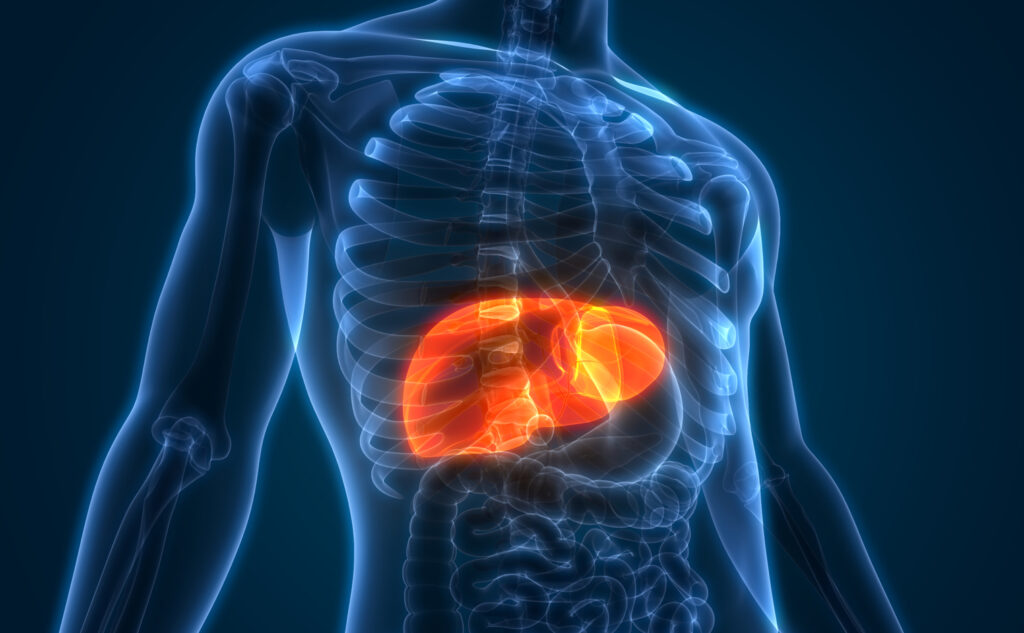Nonalcoholic steatohepatitis (NASH) develops when fat in the liver becomes toxic, killing liver cells and promoting inflammation and fibrosis. The disease can lead to cirrhosis, liver failure, and even death.
It is associated with metabolic syndrome, which is characterized by abdominal obesity, high blood pressure, high blood sugar, low blood levels of HDL (“good”) cholesterol, and high levels of LDL (“bad”) cholesterol. An estimated 35 percent of American adults have metabolic syndrome
A diet high in saturated fat and refined sugars causes chronic low-grade inflammation that contributes to the development of metabolic syndrome, which is a major risk factor for cardiovascular disease and type 2 diabetes, as well as NASH.
To investigate avenues for treating NASH, a group of scientists from Oregon State University (OSU) used a technique known as multi-omic network analysis. Their results were published in October in the journal EMBO Molecular Medicine.
The Study
“We only succeeded in finding these surprising results because we implemented an entirely unbiased approach that incorporated a diverse type of big data analysis ranging from lipids and metabolites to whole tissue and single-cell RNA sequences,” said Andrey Morgun, PhD, a researcher in the OSU College of Pharmacy.
In the study, the OSU team used both a mouse model and human liver RNA to determine the effects of omega-3 polyunsaturated fatty acids (PUFAs) on NASH. They discovered that omega-3s target betacellulin, a protein growth factor that plays multiple roles in the body but also contributes to liver fibrosis and the progression to cirrhosis and liver cancer.
“We found betacellulin is consistently up-regulated in livers of cancer patients—there’s more of it than there should be,” Morgun said. “And omega-3 PUFAs lower, or down-regulate, betacellulin in both mice and humans with NASH. Targeting betacellulin expression is one of the mechanisms for omega-3 PUFA reduction of western-diet-induced NASH.”
Conclusions
While there are currently no FDA-approved medications for NASH, that could change based on the results of this study.
“We found a novel drug target, and our results may aid in the quest for a precision-medicine approach to NASH treatment and liver cancer prevention by using specific omega-3 PUFAs,” said Morgun. “One thought is that patients’ betacellulin could be monitored during treatment to determine optimal dosages for each patient.”
Omega-3s are not manufactured by the body but are essential fatty acids that must be acquired from the diet. They’re involved in a wide range of bodily processes including cognitive function, vision, cell growth, regulation of multiple metabolic processes, and cardiovascular function. In addition to dietary supplements, they can be found in cold-water fatty fish such as salmon and mackerel and in some nuts, seeds, and plant oils.






